
NPD is characterized by a persistent pattern of grandiosity and need for admiration, while AUD involves a problematic pattern of alcohol use leading to significant impairment. The combination of NPD and AUD often results in more severe relationship problems and social dysfunction than either disorder alone. Individuals may struggle with maintaining employment, friendships, and romantic partnerships. Treatment may involve detoxification, counseling, and support groups to address both physical and psychological aspects of addiction.
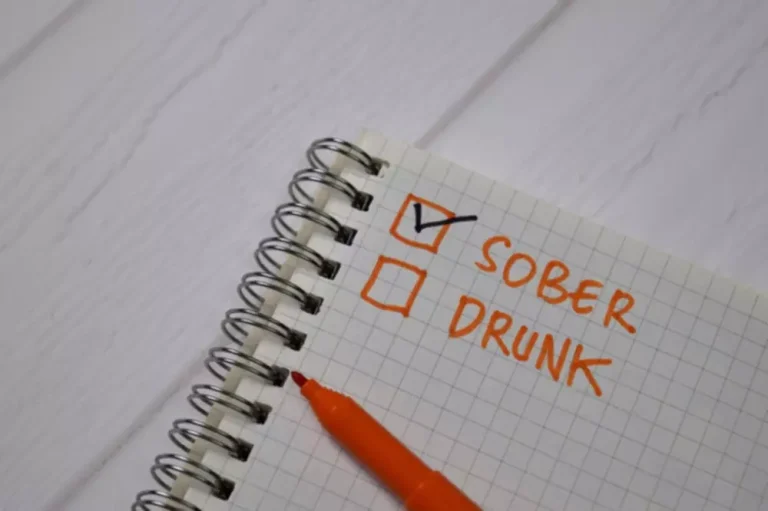
Understanding the Nature of Alcoholic Narcissism
- In any case, the two co-occurring disorders can interact in a manner that makes the severity of both of them worse.
- The Diagnostic and Statistical Manual of Mental Disorders, 5th Edition (DSM-5) uses “alcohol use disorder” as the official term for alcoholism.
- Exercise, meditation, and journaling can help manage stress when dealing with a narcissistic alcoholic.
- This is where the narcissist and addiction often intersect, in a place where their self-perception is challenged.
People with AUD or NPD might resist getting treatment or looking for help. It’s possible for people with AUD to successfully stop using alcohol when they have the right support and treatment. If you think that you or a loved one has NPD or AUD, knowing the symptoms can help you better understand both conditions.
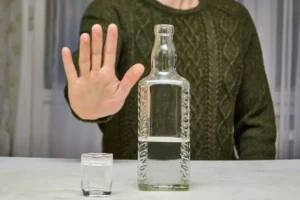
What is an Alcoholic Narcissist?
It is typical for people to display occasional narcissistic traits, but a pattern of narcissism could be part of narcissistic personality disorder (NPD), a mental health condition. No, not all addicts have narcissistic personality disorder, just as not every person with this disorder is a narcissist addict. Yes, it is common for individuals with narcissistic personality disorder to struggle with substance abuse. This is because they may use drugs or alcohol to cope with feelings of inadequacy or enhance their sense of superiority. Some common traits of individuals with both narcissism and alcohol addiction include a sense of entitlement, grandiosity, impulsivity, and a lack of empathy. As a result, these characteristics can make it difficult for them to maintain healthy relationships and engage in self-destructive behavior.
- Narcissists with low self-esteem may gain acceptance from others or a sense of security through alcohol consumption or use it as a coping mechanism for dealing with distress.
- Moderators such as positive or negative affect or reward sensitivity might affect the strength of the associations found in this study.
- If people have risk factors for AUD, feel they are drinking excessively, or cannot control their alcohol intake, they can speak with a healthcare professional.
- People with narcissistic personality disorder put a lot of time and effort into crafting the situations and keeping up appearances in order to fill their emptiness.
- Combined treatment for SUDs and mental illness has proved to be consistently superior compared to separate treatments for each condition.
- For this reason, mental health professionals will routinely screen for substance use when diagnosing a personality disorder or screen for behavioral concerns when a person has a substance use disorder.
Developing Healthy Coping Mechanisms
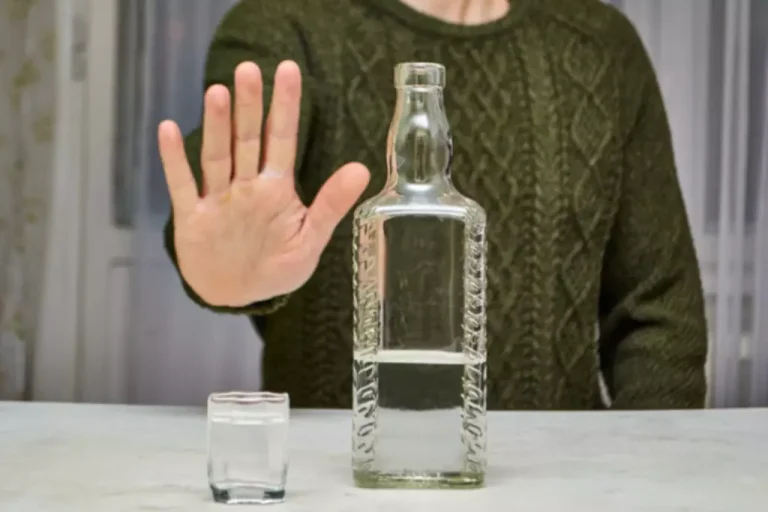
Narcissistic tendencies can become more destructive when paired with alcoholism, as alcohol provides a means to numb or mask deep-seated feelings of shame. This, in turn, can lead to increased selfish behavior, aggression, and emotional instability. In any case, the two co-occurring disorders can interact in a manner that makes the severity covert narcissist alcoholic of both of them worse. This means that they don’t like to seriously think about their behaviors. They avoid reflecting on their insecurities and lack of self-esteem by drinking.
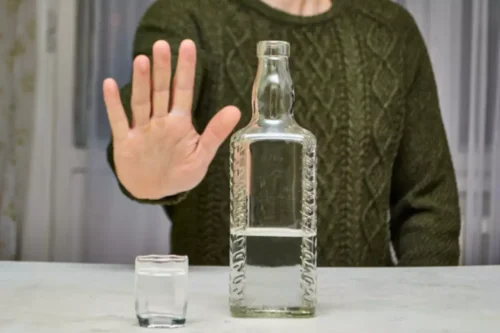
Vulnerable Narcissism
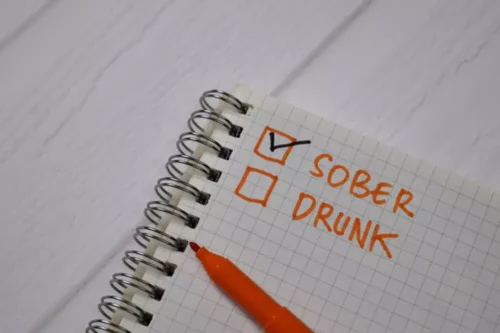
You might also engage in lifestyle changes and self-care strategies in order to make progress. One such change might be what is alcoholism to avoid substances like alcohol if they tend to trigger harmful behavior. If you answered “yes” to most of the questions above, speaking with a therapist might be a good idea.
- Yes, people with narcissistic personality disorders can have obsessive, unhealthy relationships with other people, as well as develop process addictions like overspending or gambling.
- They might infrequently have bouts of excessive drinking, for example, but find that it doesn’t affect their life and that it’s easy to cut back on alcohol (or to stop drinking entirely).
- This creates a pattern of dependent behavior, which is extremely harmful.
- The co-occurrence of narcissism and alcoholism can exacerbate the negative effects of each condition.
- Research has shown that there may be a genetic predisposition to both narcissism and addiction.
Narcissism and Drug Addiction – What Happens When Two Disorders Meet
- Alcohol use disorder is a type of substance use disorder where a person cannot control or stop their alcohol use.
- They create situations of accomplishment so that people will congratulate them, or even become envious of them, and act in ways that make others pay attention to them.
- If you do relapse, try to seek help again — it’s still possible to make a full recovery.
Sometimes they become intolerant and even abusive towards staff members. Instead of taking the time to heal, they look for loopholes in the system, complain about inefficiencies, become single-minded about insurance/costs, and blame others for having to be at rehab. There are many parts to the addicted narcissist and their road to recovery. The point of this article is to recognize the injurious behavior so more reasonable expectations can be established during the process and for the family. The development of healthy coping strategies is crucial to recovery. This may include practicing mindfulness, engaging in physical activity, or finding creative outlets for stress relief.

